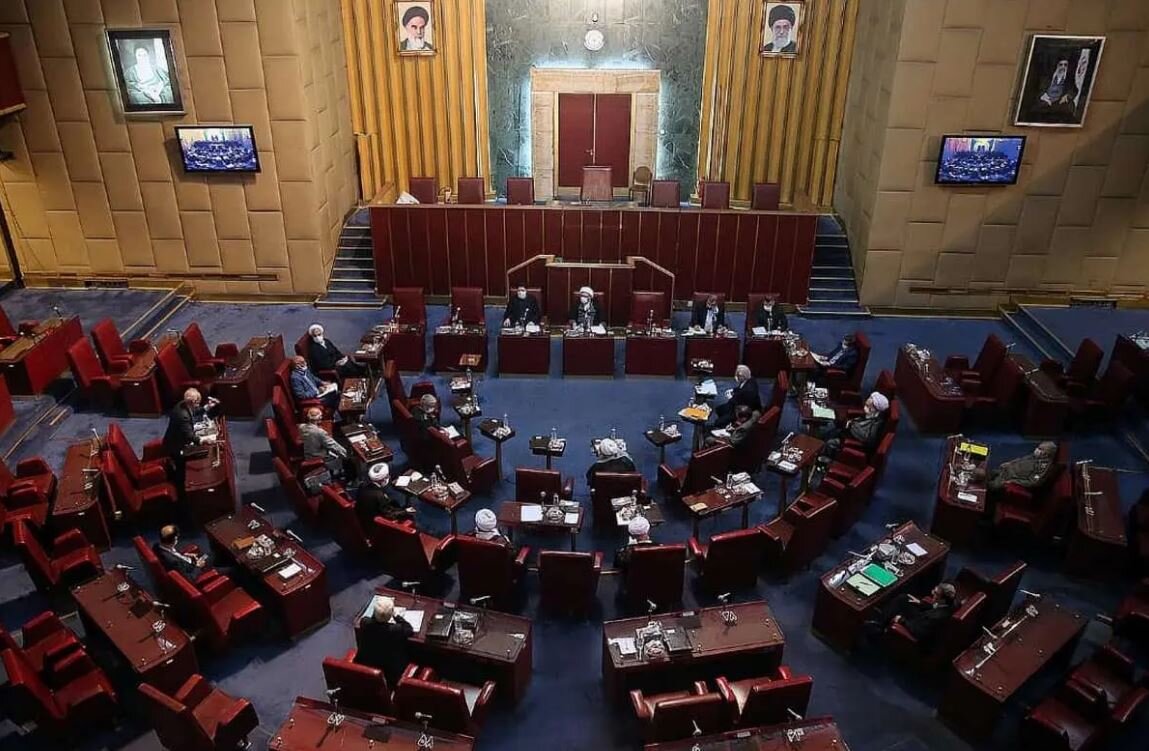Constitutional procedures must be followed on Palermo: Iran’s Expediency Council to MPs

TEHRAN – The Expediency Council of Iran has issued a detailed response to a letter signed by 150 members of the country’s Parliament regarding the continued review of Iran’s accession to the Palermo Convention, reiterating that the constitutional procedures—not informal appeals—determine the Council’s jurisdiction.
In a statement released Saturday, the Council reaffirmed its role under Article 112 of the Constitution, emphasizing that a letter—regardless of the number of parliamentary signatories—cannot substitute for a formal legislative resolution. The Council stressed that its decisions are based strictly on legal mandates and the overarching national interest.
The Council clarified that its involvement is conditional on formal procedures following a dispute between Parliament and the Constitutional Council. The statement reiterated that a signed letter, even by a majority of MPs, holds no legal standing in the legislative process.
Responding to concerns over potential financial transparency obligations, the Council underscored that neither the Palermo Convention nor the CFT (Combating the Financing of Terrorism) requires disclosure of sensitive financial information beyond the scope permitted by national laws.
The Council noted that while ratification may contribute to international cooperation, the key obstacles to financial and trade integration—namely sanctions and limited external engagement—must be addressed before any practical benefits can be realized.
The statement praised Iran’s approach of conditional accession as a responsible model for nations with unique legal and political frameworks. It added that while the process took time, internal consensus has led to stronger and more stable legislation, consistent with national priorities.
Adopted in 2000, the UN Convention Against Transnational Organized Crime—commonly known as the Palermo Convention—aims to coordinate international efforts against cross-border crime, money laundering, and human trafficking. It has been ratified by over 180 countries.
The Iranian Parliament approved accession to the Convention in 2017 with significant reservations. However, the Constitutional Council raised objections, and several rounds of revision followed, reflecting legal, religious, and national security considerations.
In early 2024, the administration submitted a revised version of the bill containing strengthened safeguards. Key improvements included the binding of reservations, ensuring full compliance with Islamic law, the Constitution, and national security requirements; having defined mechanisms for international legal cooperation, extradition, and data sharing, all limited by domestic authority; and having legal harmonization with updated anti-money laundering and anti-organized crime laws.
After approval by Parliament and confirmation from the Guardian Council, the final draft received the endorsement of the Expediency Council and was officially promulgated in June 2025.
Leave a Comment